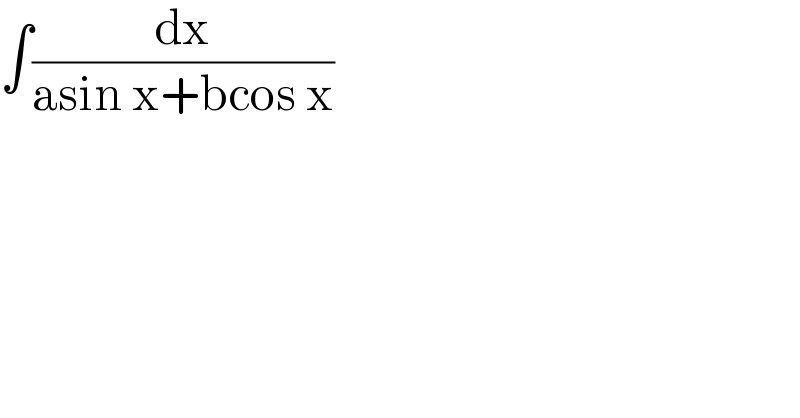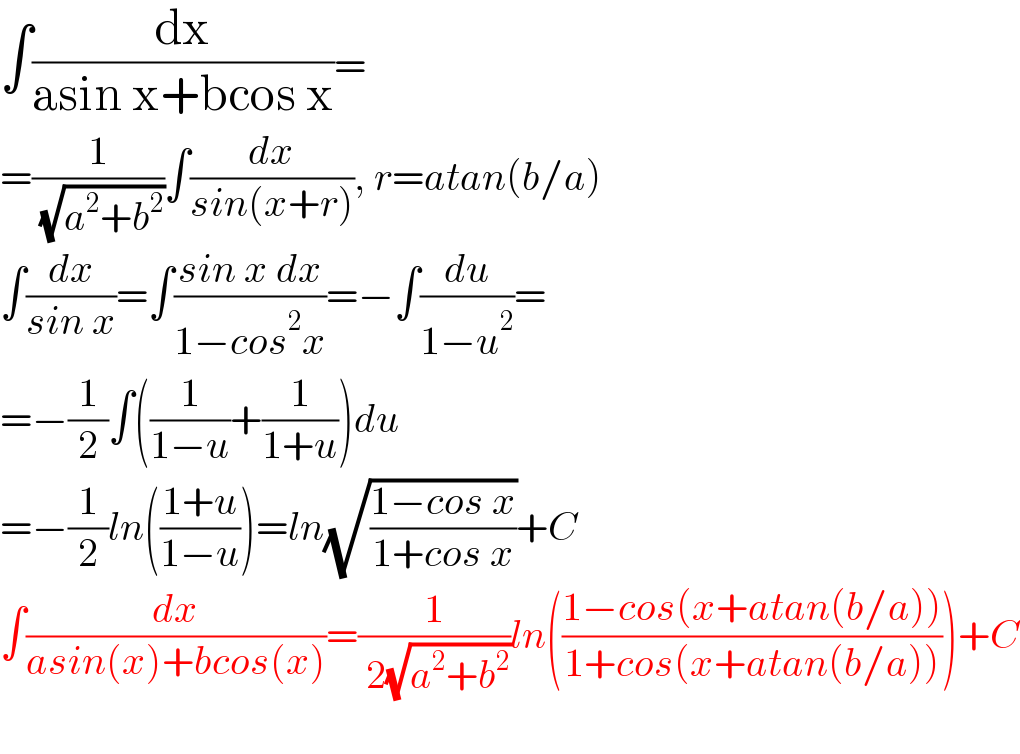
Question and Answers Forum
Question Number 152115 by peter frank last updated on 25/Aug/21

Answered by aleks041103 last updated on 26/Aug/21

Commented by peter frank last updated on 26/Aug/21

| ||
Question and Answers Forum | ||
Question Number 152115 by peter frank last updated on 25/Aug/21 | ||
 | ||
Answered by aleks041103 last updated on 26/Aug/21 | ||
 | ||
| ||
Commented by peter frank last updated on 26/Aug/21 | ||
 | ||